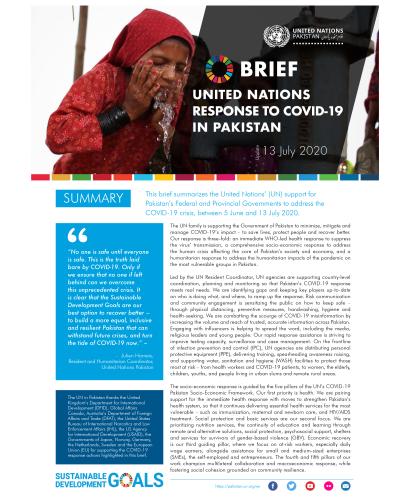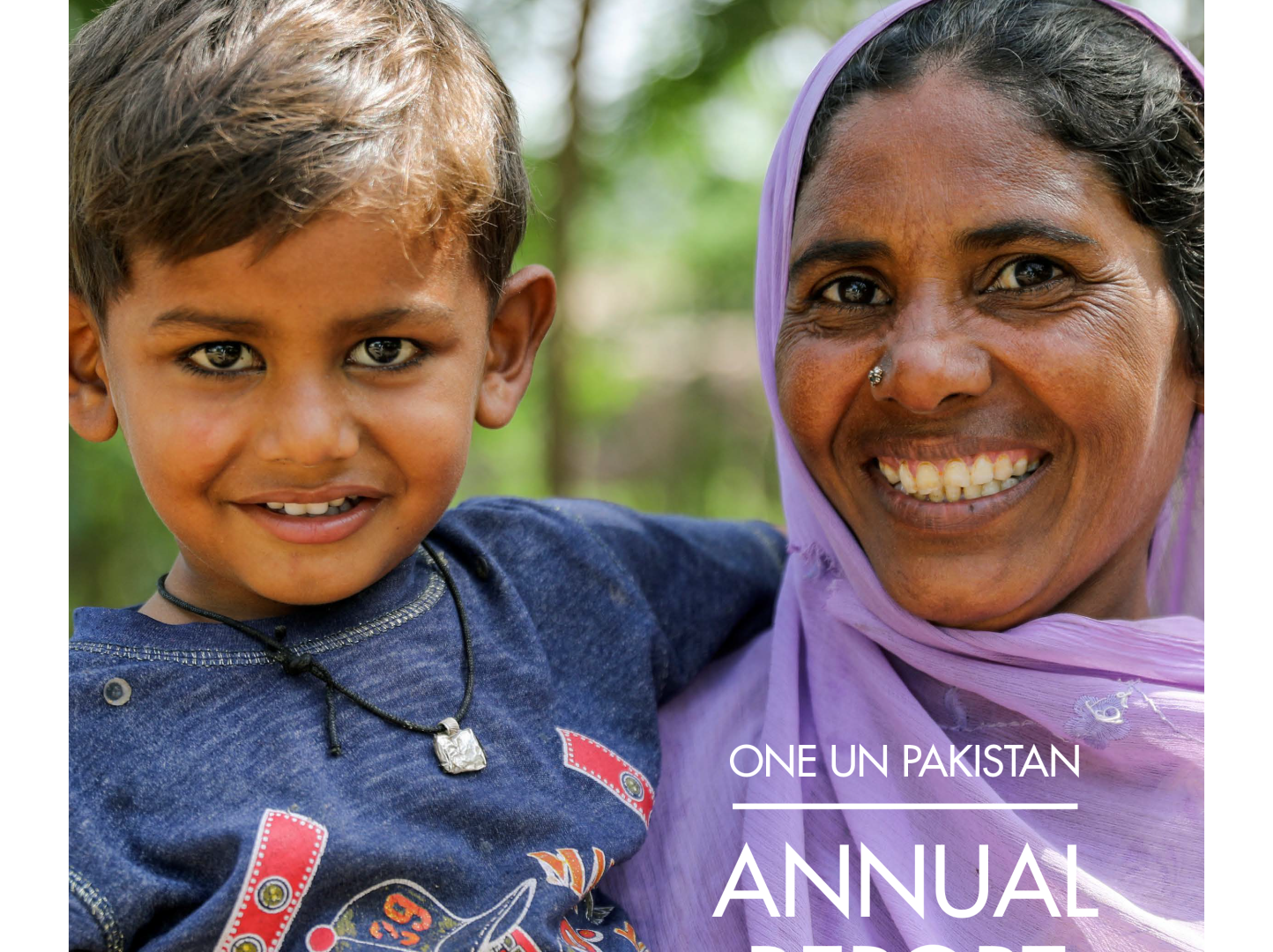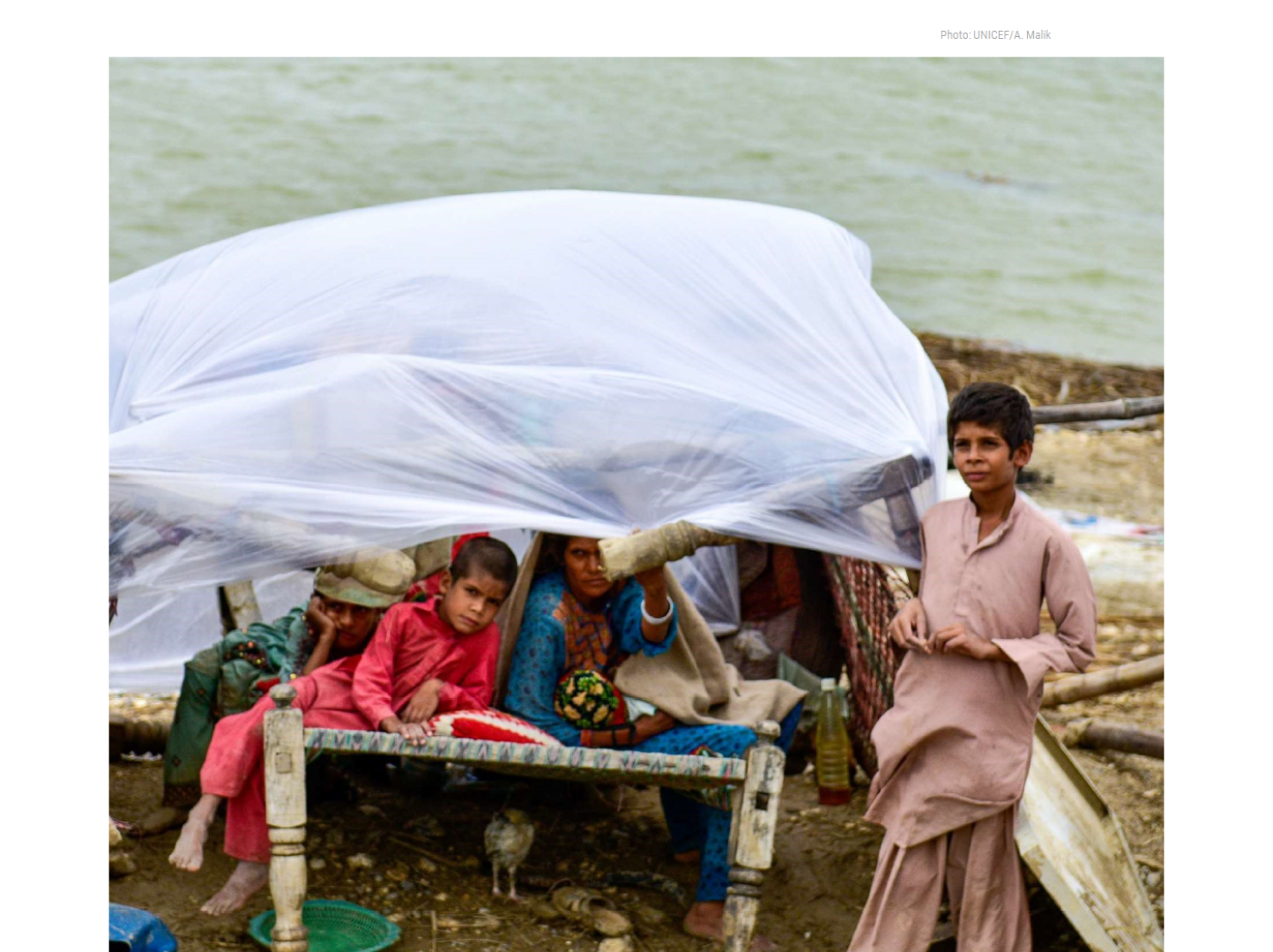Brief: United Nations response to Covid-19 in Pakistan

The UN family is supporting the Government of Pakistan to minimize, mitigate and
manage COVID-19’s impact – to save lives, protect people and recover better.
Our response is three-fold: an immediate WHO-led health response to suppress
the virus’ transmission, a comprehensive socio-economic response to address
the human crisis affecting the core of Pakistan’s society and economy, and a
humanitarian response to address the humanitarian impacts of the pandemic on
the most vulnerable groups in Pakistan.
Led by the UN Resident Coordinator, UN agencies are supporting country-level
coordination, planning and monitoring so that Pakistan’s COVID-19 response
meets real needs. We are identifying gaps and keeping key players up-to-date
on who is doing what, and where, to ramp up the response. Risk communication
and community engagement is sensitizing the public on how to keep safe –
through physical distancing, preventive measures, handwashing, hygiene and
health-seeking. We are combatting the scourge of COVID-19 misinformation by
increasing the volume and reach of trusted, accurate information across Pakistan.
Engaging with influencers is helping to spread the word, including the media,
religious leaders and young people. Our rapid response assistance is striving to
improve testing capacity, surveillance and case management. On the frontline
of infection prevention and control (IPC), UN agencies are distributing personal
protective equipment (PPE), delivering training, spearheading awareness raising,
and supporting water, sanitation and hygiene (WASH) facilities to protect those
most at risk – from health workers and COVID-19 patients, to women, the elderly,
children, youths, and people living in urban slums and remote rural areas.
The socio-economic response is guided by the five pillars of the UN’s COVID-19
Pakistan Socio-Economic Framework. Our first priority is health. We are pairing
support for the immediate health response with moves to strengthen Pakistan’s
health system, so that it continues delivering essential health services for the most
vulnerable – such as immunization, maternal and newborn care, and HIV/AIDS
treatment. Social protection and basic services are our second focus. We are
prioritizing nutrition services, the continuity of education and learning through
remote and alternative solutions, social protection, psychosocial support, shelters
and services for survivors of gender-based violence (GBV). Economic recovery
is our third guiding pillar, where we focus on at-risk workers, especially daily
wage earners, alongside assistance for small and medium-sized enterprises
(SMEs), the self-employed and entrepreneurs. The fourth and fifth pillars of our
work champion multilateral collaboration and macroeconomic response, while fostering social cohesion grounded on community resilience.











![پائىدار ترقىاتى تعاون مىں تعاون کے لئے اقوامِ متحدہ کا فرىم ورک [UNSDCF] 2023 تا 2027](/sites/default/files/styles/big_carousel_featured_image/public/2023-05/UNSDCF-Abridged-Urdu-1.jpg?h=7230c591&itok=SIgR7ej8)

